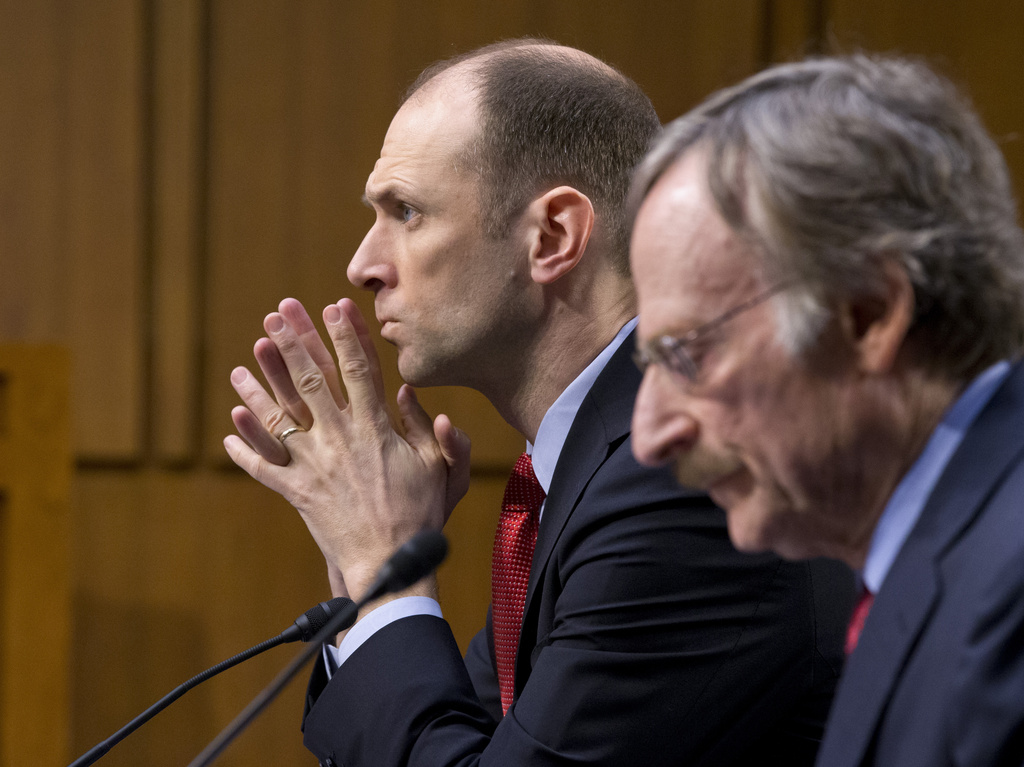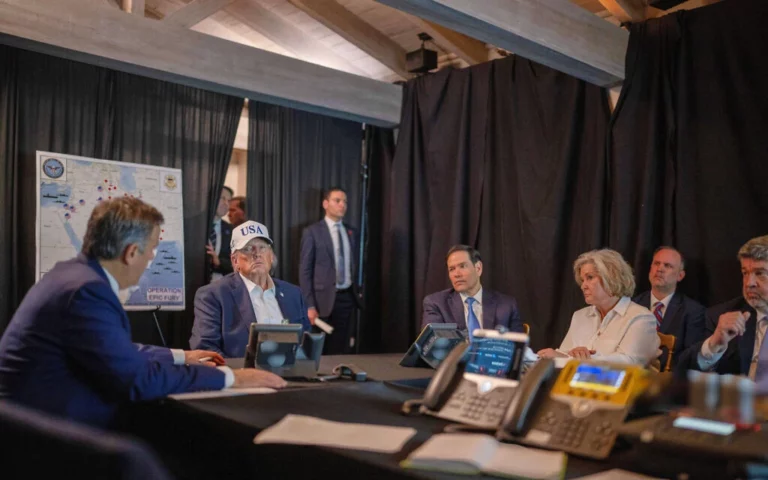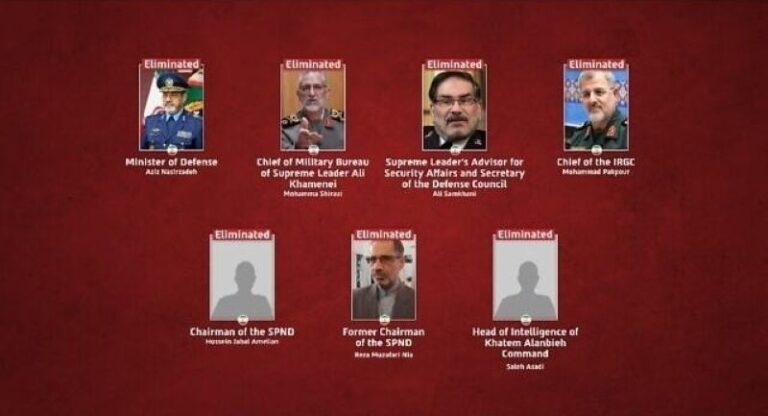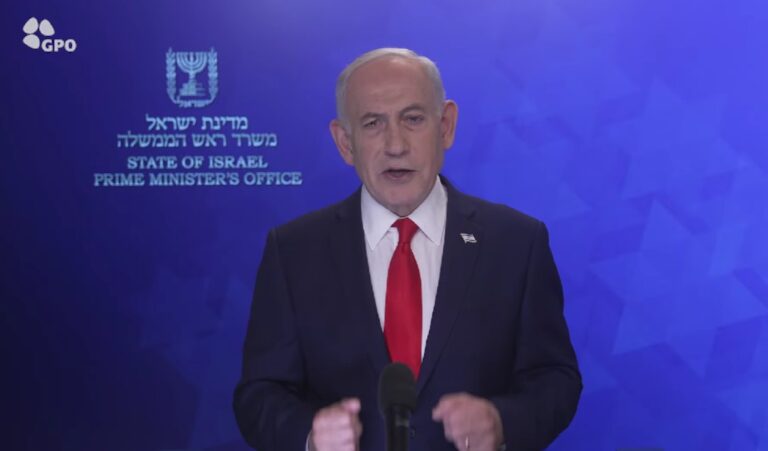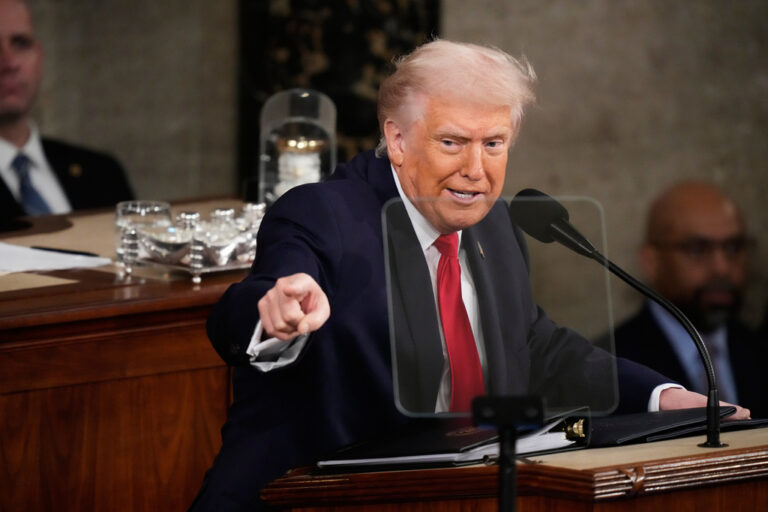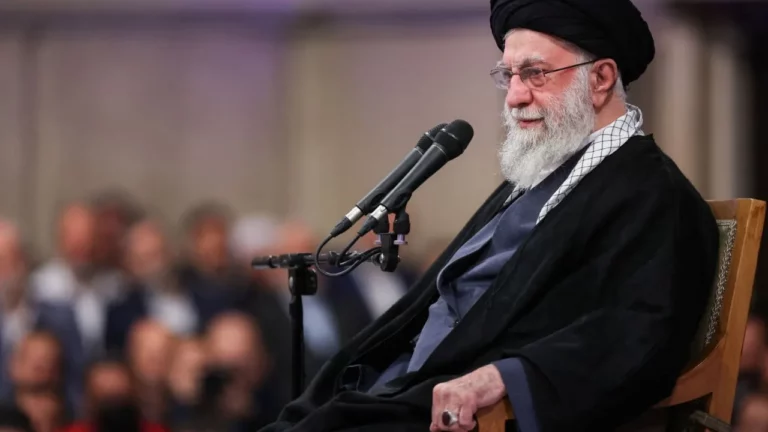Austan Goolsbee, president of the Federal Reserve Bank of Chicago, suggested Monday that the economy appears to be on what he calls the “golden path,” another term for what economists call a “soft landing,” in which the Fed would curb inflation without causing a deep recession.
“Any time we’ve had a serious cut to the inflation rate, it’s come with a major recession,” Goolsbee said in an interview with The Associated Press. “And so the golden path is a … bigger soft landing than conventional wisdom believes has ever been possible. I still think it is possible.”
At the same time, he cautioned: “I haven’t moved so far as to say that that’s what my prediction is.”
Goolsbee declined to comment on the likely future path for the Fed’s key short-term interest rate. Nor would he say what his thoughts were about the timing of an eventual cut in interest rates.
But Goolsbee’s optimistic outlook for inflation underscores why analysts increasingly think the Fed’s next move will be a rate cut, rather than an increase. Wall Street investors foresee essentially no chance of a rate hike at the Fed’s meetings in December or January. They put the likelihood of a rate cut in March at 28% — about double the perceived likelihood a month ago — and roughly a 58% chance of a cut in May.
Goolsbee also said he thought inflation would continue to slow toward the Fed’s target of 2%. Partly in response to the higher borrowing costs that the Fed has engineered, inflation has fallen steadily, to 3.2% in October from a peak of 9.1% in June 2022.
“I don’t see much evidence now that … inflation (is) stalling out at some level that’s well above the target,” Goolsbee said. “And thus far, I don’t see much evidence that we’re breaking through and overshooting — that inflation is on a path that could be something below 2%.”
The Fed raised its benchmark short-term rate 11 times over the past year and a half, to about 5.4%, the highest level in 22 years. Those rate hikes have heightened borrowing costs for consumers and businesses, including for mortgages, auto loans and credit cards
Fed officials have remained publicly reluctant to declare victory over inflation or to definitively signal that they are done hiking rates.
On Friday, Susan Collins, head of the Federal Reserve Bank of Boston, said she saw “positive signs” regarding the path of inflation. But she added that “we’re in a phase of being patient, really assessing the range of data and recognizing that things are uneven.”
Collins said she hasn’t ruled out the possibility of supporting another rate hike but added that that was “not my baseline.”
Last week, the government reported that inflation cooled in October, with core prices — which exclude volatile food and energy prices — rising just 0.2% from September. The year-over-year increase in core prices — 4% — was the smallest in two years. The Fed tracks core prices because they are considered a better gauge of inflation’s future path.
(AP)

